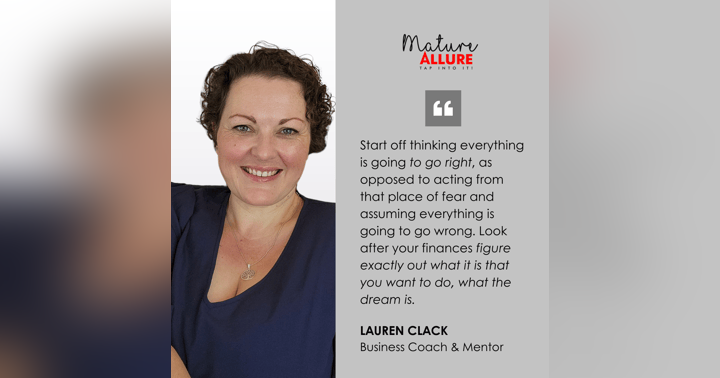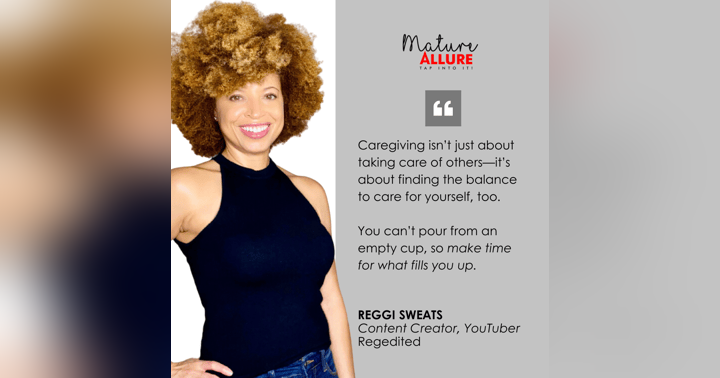Diabetes: Everything You Need to Know

By Stephanie Chilton -
Do you know the risk factors for type 2 diabetes? Did you know that being over 45 is one of them?
November is American Diabetes Month, which is all about raising awareness and supporting those with diabetes. Let’s find out why diabetes is a problem that you need to be aware of.
What is diabetes?
Diabetes is a medical condition that results in high blood sugar levels because your body can’t properly process the sugar and carbohydrates in the food that you eat. This is because the body either can’t produce enough insulin or doesn’t respond effectively to insulin. Insulin is the hormone that regulates glucose (sugar) in the bloodstream.
There are several types of diabetes, with the most common being type 1 and type 2. In type 1 the body fails to produce insulin. In type 2 the body becomes resistant to insulin or doesn’t produce enough.
If left unmanaged, diabetes can lead to heart disease, kidney damage, and nerve issues.
Can anyone get diabetes?
Yes, anyone can develop diabetes, but certain risk factors can significantly increase the likelihood.
What are the risk factors for diabetes?
You are more likely to develop Type 1 diabetes if you have a parent, brother or sister with it. It usually develops in children, teens or young adults, so if you are over 40 then Type 2 diabetes is the one to be aware of.
You are more likely to develop Type 2 diabetes if you have any of the following risk factors:
- Obesity: Excess body weight, particularly around the abdomen, is a significant risk factor.
- Physical Inactivity: A sedentary lifestyle increases the likelihood of developing diabetes.
- Family History: Having a parent or sibling with diabetes can increase your risk.
- Age: The risk increases with age, especially after 45 years.
- Ethnicity: Certain ethnic groups, including African American, Hispanic, Native American, Asian American, and Pacific Islander populations, are at higher risk.
- High Blood Pressure: Hypertension can contribute to the development of diabetes.
- Abnormal Cholesterol Levels: Low levels of HDL ("good") cholesterol or high levels of triglycerides can increase risk.
- Gestational Diabetes: Women who had diabetes during pregnancy are at higher risk later in life.
- Polycystic Ovary Syndrome (PCOS): This condition is linked to insulin resistance and increased diabetes risk.
- Unhealthy Diet: Diets high in processed foods, sugars, and unhealthy fats can elevate risk.
What are the signs and symptoms of diabetes?
It is quite possible to have Type 2 diabetes without being aware of any symptoms at all, particularly in the early stages. However, these are the signs to look out for:
- Feeling thirsty
- Peeing a lot
- Feeling hungry
- Tiredness
- Blurred vision
- Wounds that don’t heal as quickly as they should
- Infections
- Dark skin patches
- Tingling or numbness in hands or feet
- Unexplained weight loss
How to prevent Type 2 diabetes
Healthy lifestyle choices are key. Here are the steps that you can take to significantly reduce your risk factors:
- Maintain a Healthy Weight: Aim for a balanced weight through diet and exercise, as excess weight increases the risk.
- Eat a Balanced Diet: Focus on whole foods, including plenty of fruits, vegetables, whole grains, lean proteins, and healthy fats. Limit sugary snacks and beverages.
- Stay Active: Aim for at least 150 minutes of moderate-intensity exercise each week, such as brisk walking, swimming, or cycling.
- Monitor Portion Sizes: Be mindful of portion sizes to help manage calorie intake.
- Stay Hydrated: Drink plenty of water and limit sugary drinks.
- Get Regular Check-ups: Regular health screenings can help detect prediabetes or diabetes early.
- Manage Stress: Practice stress-reduction techniques such as meditation, yoga, or deep breathing exercises.
- Avoid Tobacco and Limit Alcohol: Quit smoking and limit alcohol to significantly lower your risk.
Can Type 2 diabetes be reversed?
Anecdotally, I can confirm that it is absolutely possible for some people to reverse Type 2 diabetes. I have done it myself by eating a healthy, balanced diet and increasing my exercise (mostly through walking instead of driving). The scientists at Zoe agree that reversing Type 2 diabetes is possible. HOWEVER, lifestyle changes need to be maintained. If I were to return to my previous lifestyle choices then I would fully expect the diabetes to return.
At Mature Allure we believe that the wisdom you’ve gained over the years is your greatest asset and should be shared with the world. Please share below how you have managed to reduce your risk factors or even reverse your insulin resistance or diabetes.








